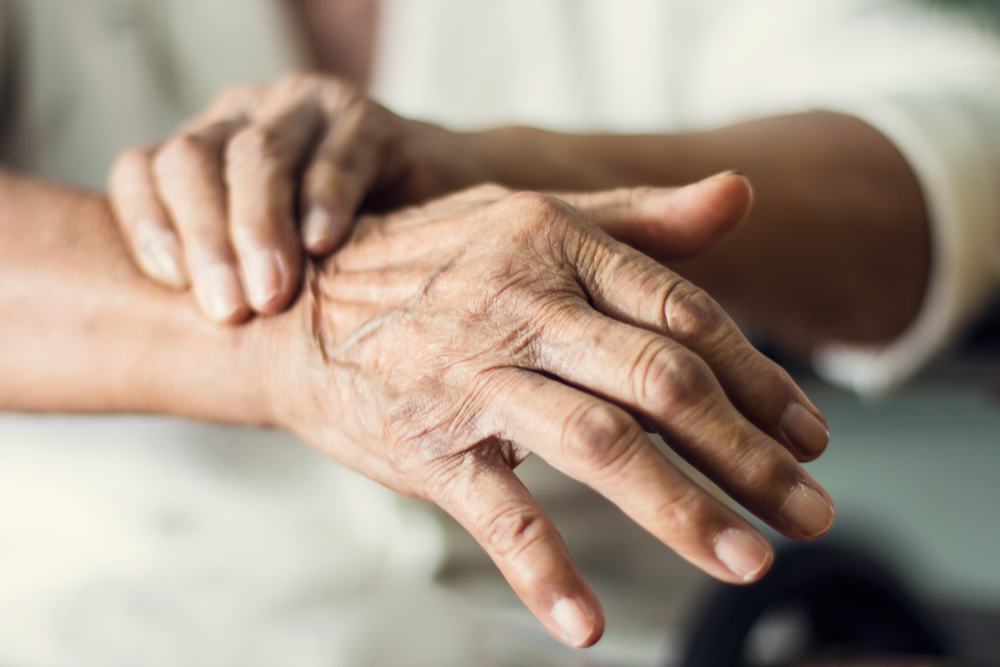Parkinson's Disease
 Parkinson disease arises from decreased dopamine production in the brain. The absence of dopamine makes it hard for the brain to coordinate muscle movements. Low dopamine also contributes to mood and cognitive problems later in the course of the disease. Experts don't know what triggers the development of Parkinson disease most of the time. Early-onset Parkinson disease is often inherited and is the result of certain gene defects.
Parkinson disease arises from decreased dopamine production in the brain. The absence of dopamine makes it hard for the brain to coordinate muscle movements. Low dopamine also contributes to mood and cognitive problems later in the course of the disease. Experts don't know what triggers the development of Parkinson disease most of the time. Early-onset Parkinson disease is often inherited and is the result of certain gene defects.
What are the symptoms of Parkinson disease?
Parkinson disease symptoms usually start out mild, and then progressively get much worse. The first signs are often so subtle that many people don't seek medical attention at first. These are common symptoms of Parkinson disease:
- Tremors that affect the face and jaw, legs, arms, and hands
- Slow, stiff walking
- Trouble maintaining balance
- Problems with coordination
- A stiff feeling in arms, legs, and torso area
- Changes in handwriting
Eventually, Parkinson disease symptoms get worse and include:
- Depression
- Gastrointestinal problems (like constipation)
- Problems with urination
- Trouble chewing and swallowing food
- Memory loss
- Hallucinations
- Dementia
- Weight loss
Exceptional Care Starts Here
To request your appointment close to home, fill out our quick form or find a specialist anytime online.